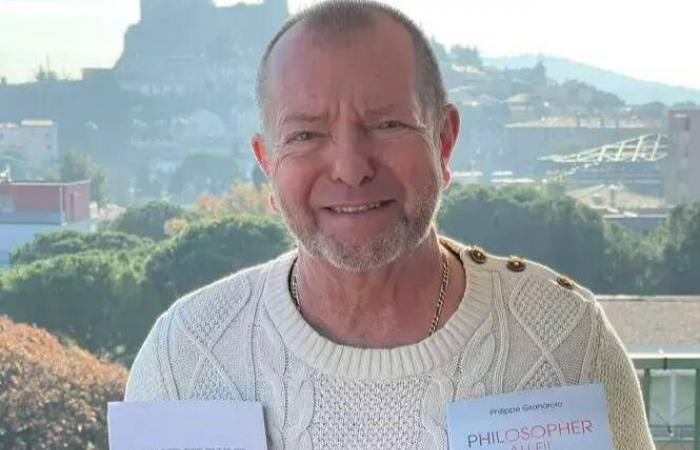
Philosophy lovers have the opportunity to delve into a captivating new work: Philosophizing through the seasons, 70 commented quotes to enlighten our present (Editions Trédaniel). This book marks a significant step in the career of its author, Philippe Granarolo, associate professor of philosophy, doctor of letters and lecturer, who here signs his 20e publication and his very first philosophy book intended for the general public.
Do you need to have any knowledge of philosophy to read this book?
I have always been keen to practice demanding but accessible popularization, avoiding jargon. This book is intended for the general public, including those who are unfamiliar with philosophy. My ambition is to make philosophy alive and close to everyone, and to address complex questions with simplicity and depth.
Why do you want to reach a wide audience?
There are two main approaches to philosophy. The first, that of the historian, consists of placing the works in their historical context: influences, sciences of the time, state of knowledge or political organization. The second, which I have always favored, consists of tearing the philosopher away from his time to ask what he can bring us today on a moral, existential or spiritual level. Philosophy can play an essential role in our modern lives, marked by challenges and uncertainties: it is a compass, a valuable resource for reflecting, refocusing and better understanding the world.
What lessons can we learn from this?
Philosophizing throughout the seasons invites us to reflect on contemporary issues such as education, social networks, AI, Islamism, women's rights… Each commented quote offers keys to better understand our times. This book does not seek to impose a vision, but encourages you to form your own judgment. It is part of the tradition of the Enlightenment, summarized in the 18th century by Kant in a slogan that I paraphrase as follows: “Dare to think for yourself, dare to construct your own point of view”.
Which philosophers do you cite?
Through Plato, Pascal, Spinoza, Rousseau, Michel Serres, Pascal Bruckner, Alain Finkielkraut, and many others, I address questions that resonate with major contemporary debates. These choices allow us to cross eras, enrich perspectives, and show how ancient and modern thoughts interact with current issues.





